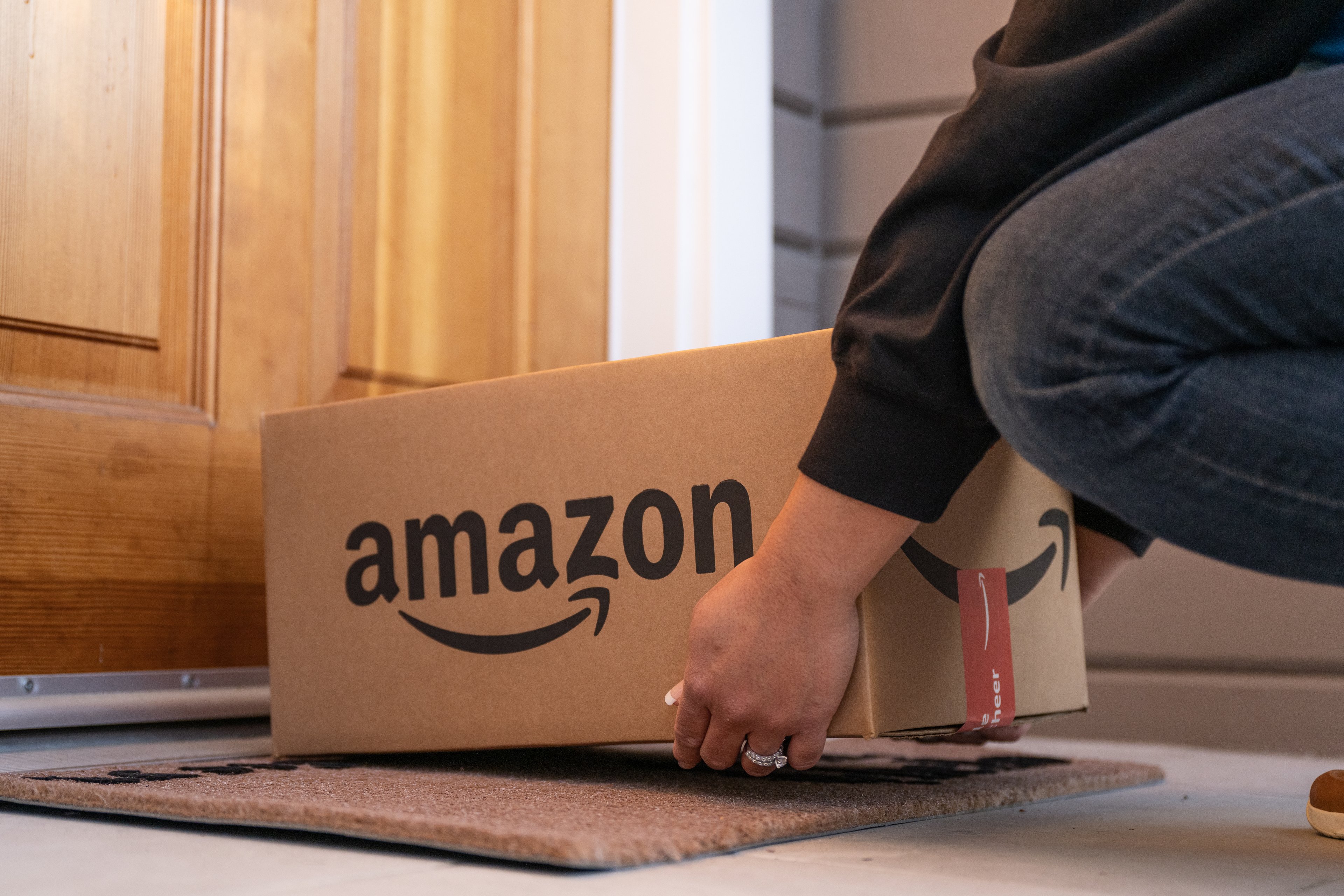There's an old sales maxim that says, "A confused mind always says no." If the sales pitch is too complicated, the customer will simply balk at making a purchase. But that doesn't seem to be the case with investing. People buy all manner of stocks they don't understand and end up regretting it when the crash comes.
Well, here are two stocks that I'd hate to buy, even though the story sounds simple enough, because I just can't understand the bull case: meal-kit leader Blue Apron (APRN +0.00%) and streaming-movie leader Netflix (NFLX +3.17%).

Image source: Blue Apron.
You'll be eaten alive
Even though meal kits appear to be a growth industry, the market for individual providers is not healthy. Although its shares have nearly doubled over the last three months (they're up over 95% since their April lows), Blue Apron is a business that can't survive, at least not on its own.
The primary problem with meal-kit services is that they're an expensive meal option that consumers simply don't stay with. Customer churn is extraordinarily high, which means the service needs to spend bucketloads of money to acquire new customers again and again. It's a constant ebb and flow that drains much-needed capital and raises costs.
Standalone meal-kit companies are also an inefficient means of distributing food, which is why numerous supermarket chains, including Albertson's, Kroger, and Walmart, have acquired or launched their own meal-kit lines. Unless they cater to very special dietary needs, meal kits have become a commodity product that can't justify their inflated price, especially when they're sold outside of a supermarket.
Since few people can fully forgo shopping at a grocery store, the future of the industry is in partnerships with national chains. Although Blue Apron has teamed up to have its kits appear in a few Costco stores, it won't be enough of a boost to the bottom line to keep the meal-kit maker going for long.
A buyout remains its best bet, but since it no longer has a compelling growth story, Blue Apron is unlikely to see an acquisition premium, even if an offer is made.

Image source: Getty Images.
We've seen this movie before
Netflix started the year at less than $200 a share, and halfway through 2018, it's already over $400 a stub for a 113% gain so far. Over the last 12 months it is up 180%. But just because a stock is scoring big gains doesn't mean you avoid buying, and Netflix is inarguably a terrific company that has played the streaming wave just right. However, at 244 times trailing earnings and 88 times next year's estimates, it's hard to make the case Netflix stock is worth it when it isn't producing any operating cash flow -- it ended 2017 almost $1.8 billion in the red.
While profitability can come if it slows its content spending some, it's unfortunately unable to do that as the competitive arena becomes more intense. Netflix realizes that, which is why it reportedly is increasing its budget from $7 billion to $13 billion to purchase original content to stream on its platform. This spend-or-die attitude has taken root in the industry and Netflix is feeling the heat from its rivals, which is why it's stepping up its spending.
And its competition isn't only from a bunch of Johnny-come-latelies, but rather Disney, Facebook, Alphabet, and more.
Now Netflix is adding more members to its rolls, but the valuation is predicated on its being able to continue growing at this torrid pace for years to come. While an international market opportunity does exist, it's going to become a more expensive proposition as the company burns through cash trying to keep all of its irons in the fire.
Not a call to short
While I wouldn't buy either of these stocks, that doesn't mean I would short them now, either. These stocks are both on a tear, and as the saying goes, a market can remain irrational longer than you can remain solvent.
Still, these stocks have far surpassed rational valuations, and expectations have run too far ahead. That doesn't necessarily make them bad businesses; they're just not worth the price the market says you should pay. And that price will keep me away from them.














